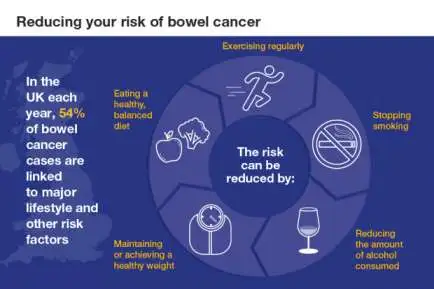
A recent study examined the underlying genetic association between inflammation, metabolic dysregulation, and depressive symptoms.
Researchers have been trying to understand what causes mental illness, and how it develops for many decades.
In recent years, scientists have been better able to sequences the genomes of people, and look for associations between certain psychological illnesses and genetics. An increased understanding of underlying genetic causes helps determine whether certain therapies would be more efficacious, as well as suggesting potential preventative measures.
One association that has been previously demonstrated is the link between major depression and inflammation. For instance, one such study has shown that higher levels of C-reactive protein, indicating low-grade inflammation, were present in one-third of patients with major depressive disorder. Furthermore, studies have shown that higher levels of this protein could predict the occurrence of depressive symptoms in the future.
To further explore this relationship, researchers in Germany, the Netherlands and the United Kingdom conducted a genome-wide association study. In this study, the researchers used data from several large sample sizes, between 100,000 to over 500,000 participants. The study aimed to understand whether there is a common genetic basis linking inflammation to specific depressive symptoms, and whether inflammation and depressive symptoms are connected by a causal relationship.
As published in JAMA Psychiatry, the researchers found consistent correlations between C-reactive protein levels and depressive symptoms. Furthermore, the results showed consistent, small genetic associations between each depressive symptom and C-reactive protein levels.
The researchers further discovered an association between the proinflammatory cytokine interleukin 6 (IL-6) and suicidality symptoms. These results have important clinical implications, as expressions of suicidal symptoms may assist in identifying patients that will benefit from immunotherapy. Moreover, pharmacological therapies targeting IL-6 could potentially be used to treat suicidality.
In addition, further investigation indicated that a causal genetic relationship may exist between higher body-mass index, but not with inflammatory markers, and anhedonia, appetite changes, energy changes, and feelings of inadequacy. Thus, these results suggest that metabolic dysregulation may be responsible for the link between inflammatory and these depressive symptoms.
Written by Maor Bernshtein
Reference: Kappelmann N, Arloth J, Georgakis MK, et al. Dissecting the Association Between Inflammation, Metabolic Dysregulation, and Specific Depressive Symptoms: A Genetic Correlation and 2-Sample Mendelian Randomization Study. JAMA Psychiatry. Published online October 20, 2020. doi:10.1001/jamapsychiatry.2020.3436
Related Post
 29
29 Jul
Which Symptom Indicates That Someone May Need Mental Health Treatment?
Today! In this article!, you can find the best treatment for mental health. Which symptom indicates that someone may need mental health treatment? Perceive the indications of requiring emotional well-being treatment and assume responsibility for your prosperity. Try not to hold.
Read More 08
08 Jul
What Is Self-Management of Chronic Disease?
Diabetes, joint inflammation, hypertension, lung illness, corpulence and other persistent sicknesses can make life challenging to oversee for a great many more seasoned grown-ups, frequently compelling them to surrender their freedom. The Challenges of Chronic Disease More established grown-ups are lopsidedly impacted.
Read More 01
01 Jul
7 Lifestyle Tips to Reduce Your Cancer Risk
How in all actuality do individuals bring down the possibilities getting malignant growth? There's a lot of exhortation. Yet, on occasion, guidance from one review conflicts with the exhortation from another. Disease avoidance data keeps on creating. In any case,.
Read More 27
27 Jun
Effective Allergy Treatments for Kids: A Comprehensive Guide
Is your youngster experiencing a runny nose, sniffling, and bothersome eyes? Assist them with feeling improved with these regular sensitivity cures you can attempt at home. Does your kid have a runny nose, sniffling, and irritated eyes? They may be managing.
Read More